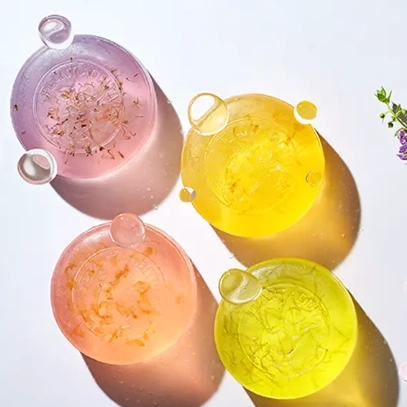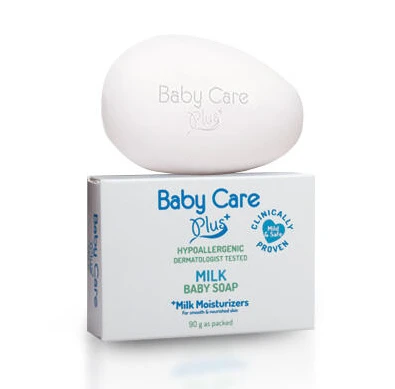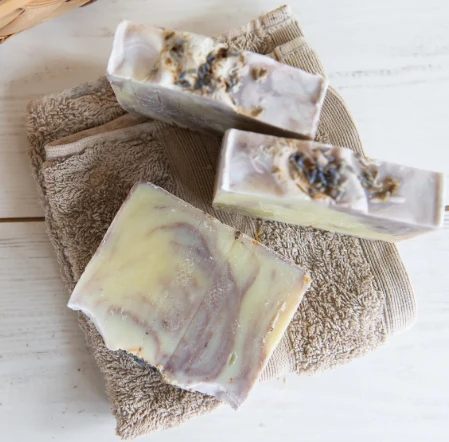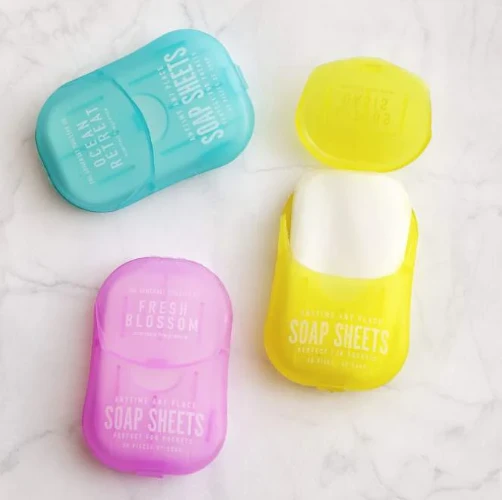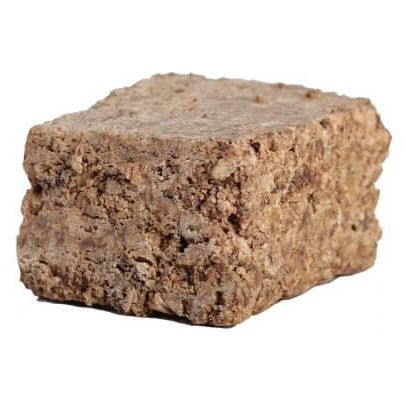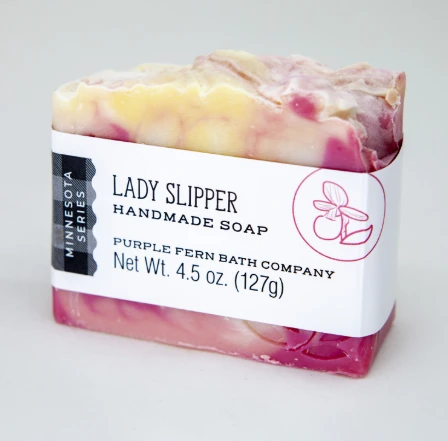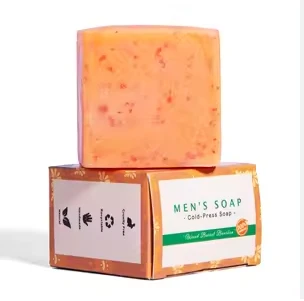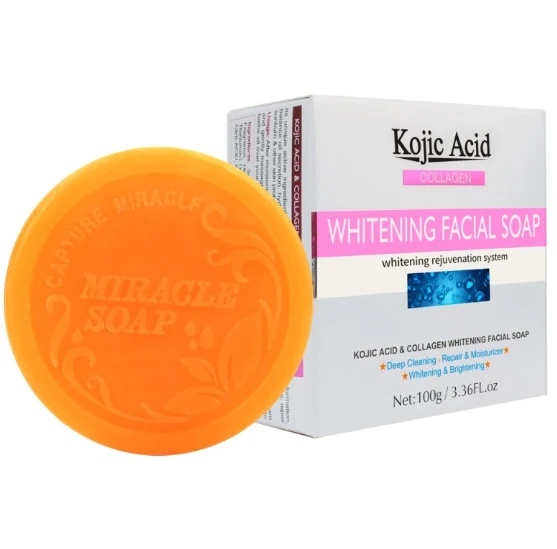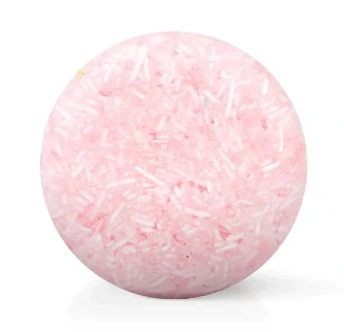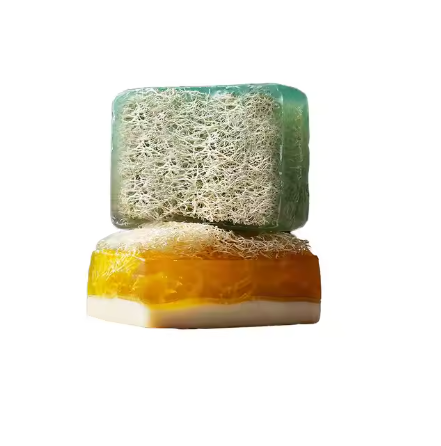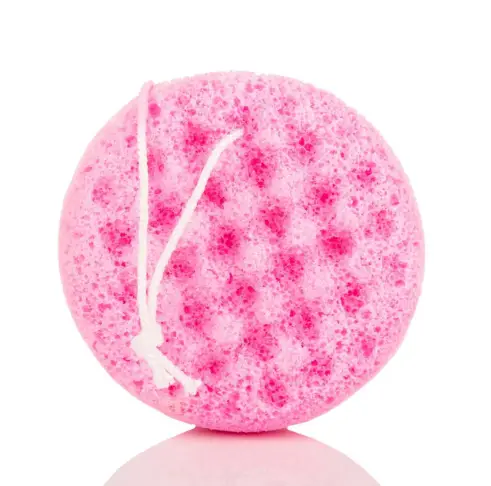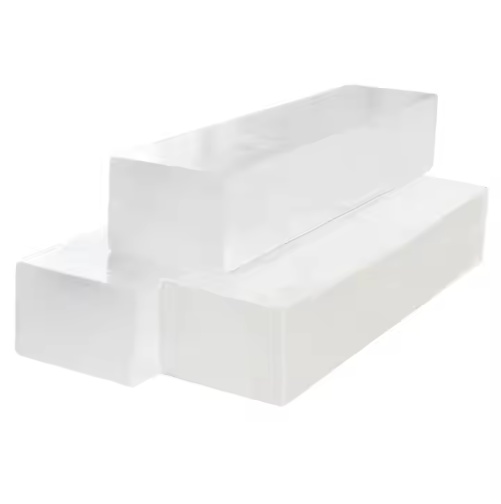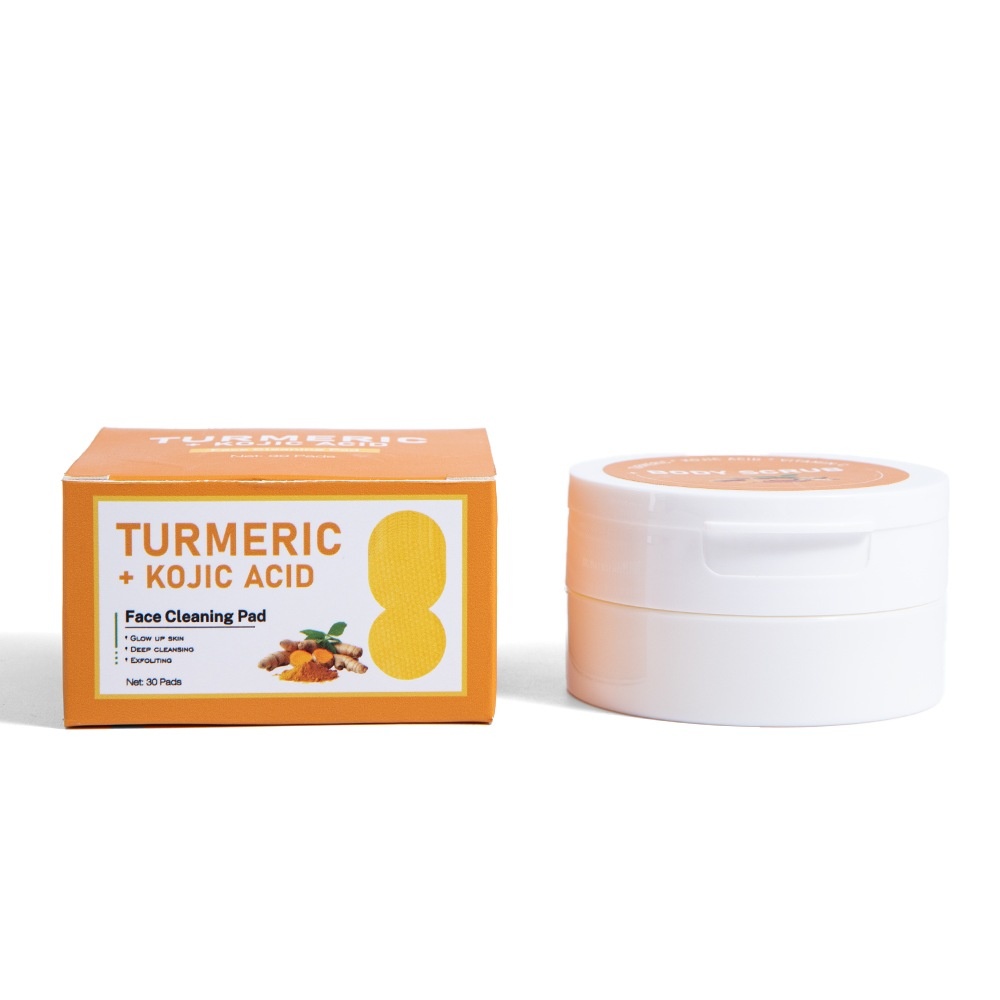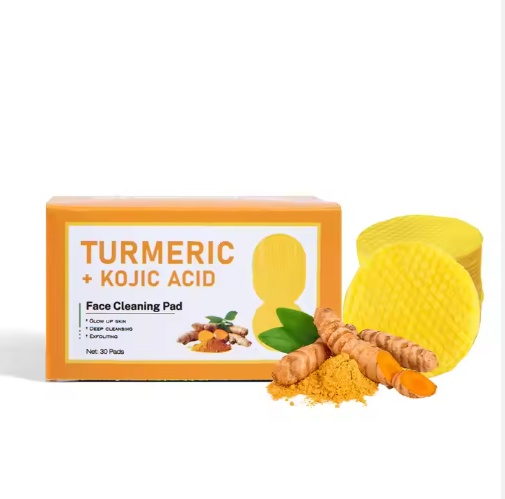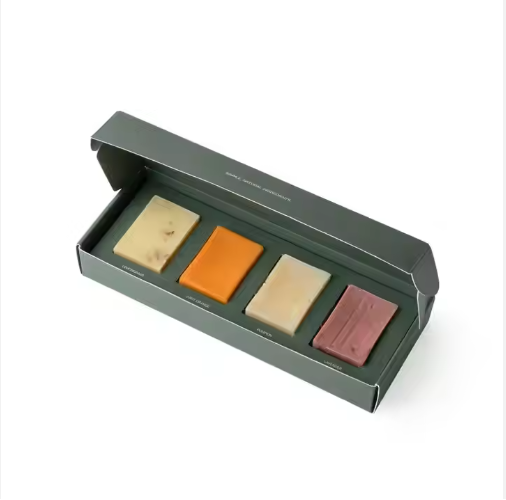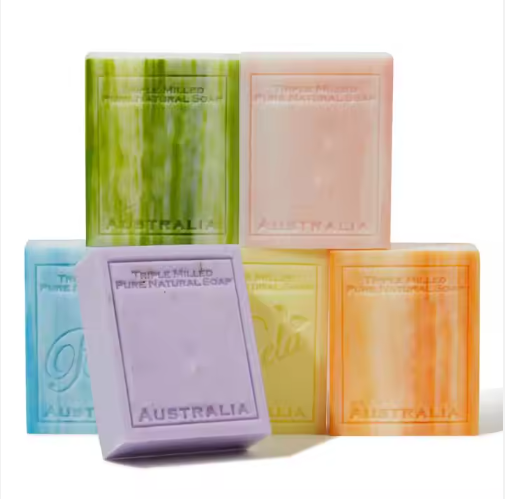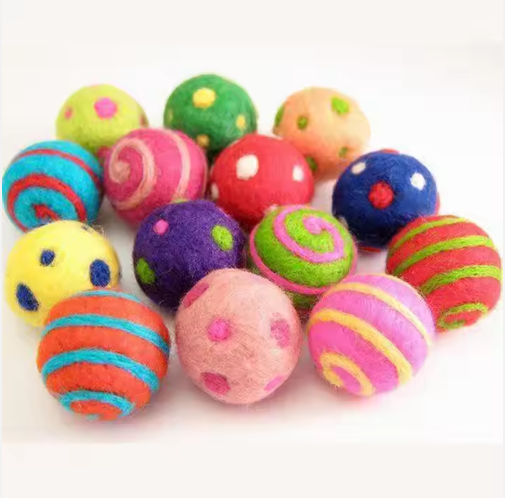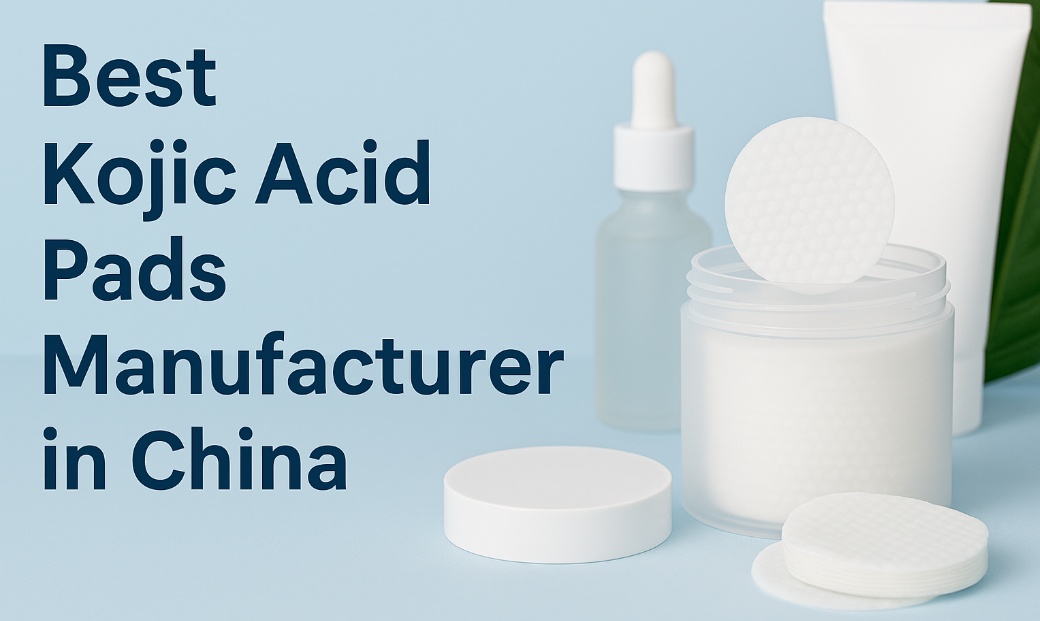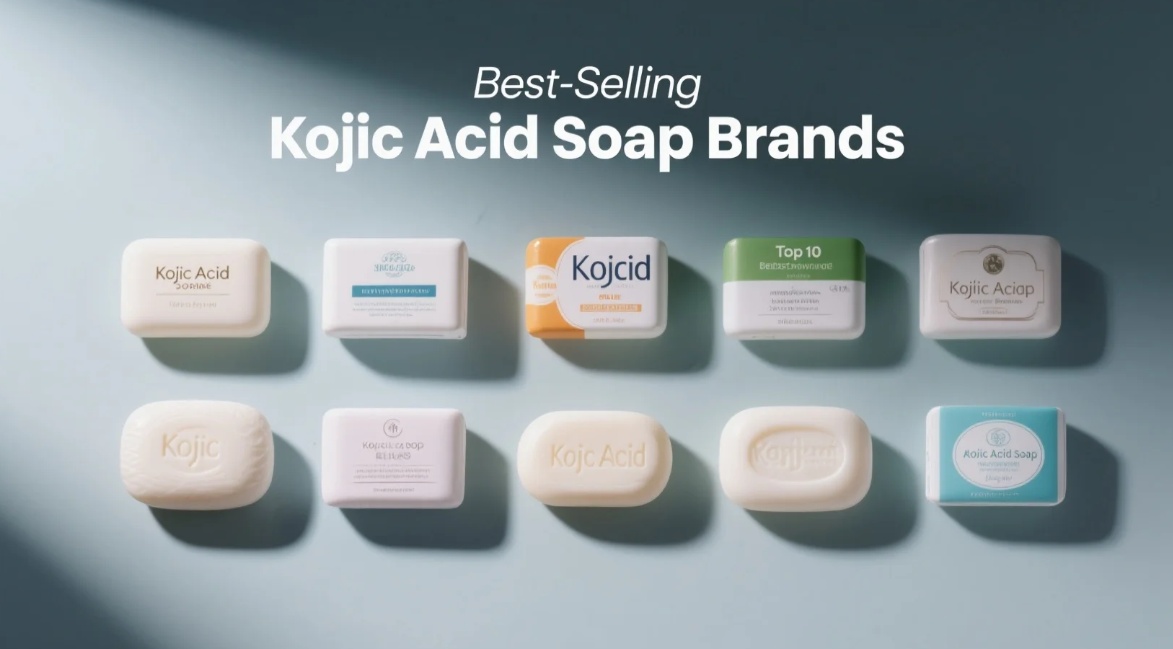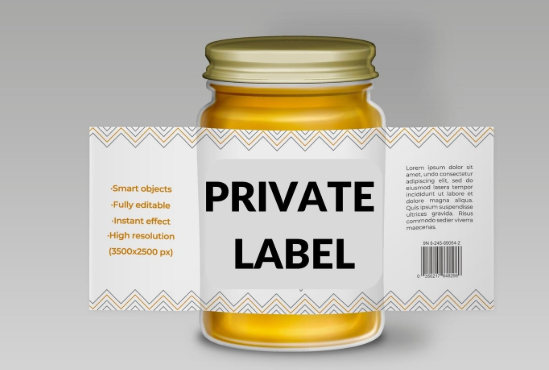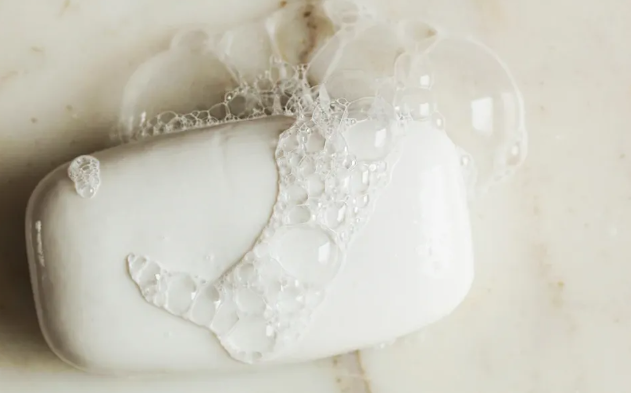Does soap expire and how to store
How does soap actually work?
Soap is able to clean hands and dishes because of some pretty nifty chemistry. Soap molecules have on one end what’s known as a polar salt, which is hydrophilic, or attracted to water. The other end of the molecule is a nonpolar chain of fatty acids or hydrocarbons, which is hydrophobic—meaning that it’s repelled by water but attracted to grease and other oily substances. When you wash your hands, the soap forms something like a molecular bridge between the water and the dirty, germ-laden oils on your hands, attaching to both the oils and the water and lifting the grime off and away. Soaps can also link up with the fatty membranes on the outside of bacteria and certain viruses, lifting the infectious agents off and even breaking them apart. Once the oily dirt and germs are off your hands, the soap molecules thoroughly surround them and form tiny clusters, known as micelles, that keep them from attaching to anything else while they wash down the drain.
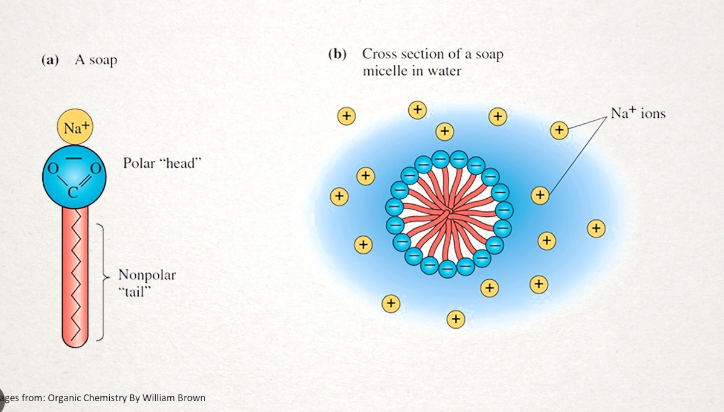
Does bar soap expire?
Yes, bar soap can expire. Most commercially made bar soaps have a shelf life of 2-3 years when stored properly. Over time, bar soap may lose its fragrance, change in color, and become less effective at lathering. Natural or Handmade Soaps, which often contain fewer preservatives, may have a shorter shelf life of around 1 year. To extend the life of your bar soap, store it in a cool, dry place away from direct sunlight.
Does liquid Hand Soap expire?
Yes, liquid hand soap does expire. Liquid soaps typically have a shelf life of 1-2 years. Over time, the ingredients can separate or degrade, reducing the soap's effectiveness. Expired liquid soap may have an altered texture, color, or scent. It's important to check the expiration date on the bottle and observe any changes in the product.
Does body wash or shower gel expire?
Yes, body wash and shower gel can expire. These products typically have a shelf life of about 2-3 years. After this period, the ingredients can separate, and the product may lose its fragrance and effectiveness. Using expired body wash can lead to skin irritation or reduced cleansing efficacy. Always check the expiration date and look for signs of spoilage, such as changes in color, consistency, or smell.
Does facial cleanser or face soap expire?
Yes, facial cleansers and face soaps do expire. These products usually have a shelf life of 1-2 years. Using expired facial cleansers can lead to reduced effectiveness and potential skin irritation or breakouts. Given the delicate nature of facial skin, it's crucial to ensure your face soap is within its expiration date and has been stored properly to maintain its efficacy and safety.
Does laundry soap expire?
Yes, laundry soap can expire. Liquid laundry detergents typically last about 6 months to 1 year after opening, while powder detergents can last up to a year or more if stored in a cool, dry place. Over time, the effectiveness of the detergent can diminish, and it may not clean clothes as effectively. Check for changes in smell, color, or texture, and replace it if it seems off.
Does dish soap expire?
Yes, dish soap can expire. Most liquid dish soaps have a shelf life of around 1 year. After this period, the ingredients can start to break down, reducing the soap's cleaning effectiveness. Expired dish soap may also separate or develop an off smell. It's best to use dish soap within its recommended timeframe for optimal performance.
Expired Soap: To Use or Not to Use?
So, should you use expired soap? Ultimately, that’s your call to make. As a general rule of thumb, expired soap is usually still good to use as long as there are no obvious signs of rancidity (i.e., mold or sliminess) and it produces a frothy white mass of bubbles when being used.
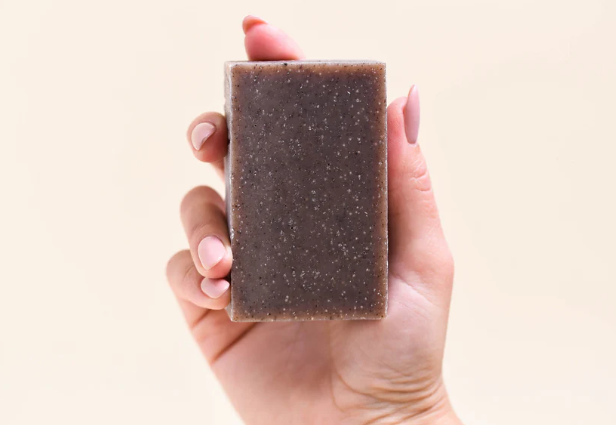
That said, if you’d rather not take the chance, you can always throw them away.
How to Store Bar Soap
Use a covered container for unused bars of soap. If you have organic bar soap, you’ll want a container with some air circulation. This is to prevent the soap from going rancid. For non-organic bar soap, just make sure the container is dry.
- Unused shoe boxes work great for this.
- If you want to use a plastic container, try poking a few holes in it for ventilation if needed.
Use a soap saver pouch for thin bars or broken pieces. While it’s possible to buy your own bag, any porous fabric or mesh material formed into a pouch will work. Possibilities include old stockings, socks, a loofah, or any sponge with a pocket.


